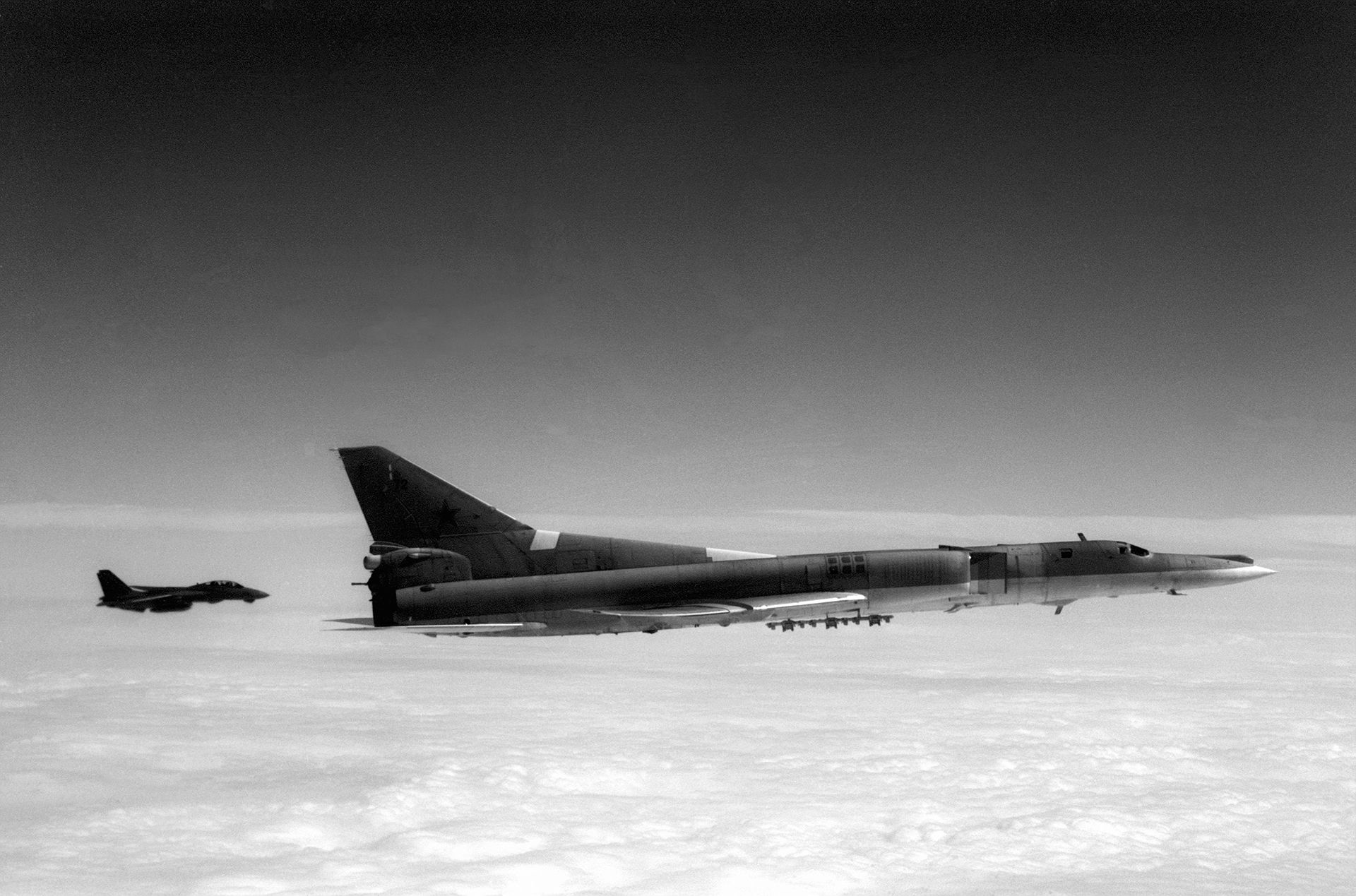Special to WorldTribune, December 4, 2017
By Joseph Churba
The following excerpt is from ‘The Washington Compromise‘ by the late Dr. Joseph Churba, University Press, 1995.
The Republican National Convention was held in Detroit on July 14-17, 1980. With Reagan’s candidacy assured, the only remaining question befell the choice of running mate. Henry Kissinger, hoping for another tenure as Secretary of State, pushed hard to put former President Gerald Ford on the ticket. Regan refused. The decision was made in favor of George Bush, whom we had battled hard in the primaries.

That was Reagan’s first big mistake. Reagan could have won the 1980 election just as decisively without Bush. The nagging fear among Reagan advisors, however, was about a repetition of the debacle of 1964, when large-scale defections by self-avowed Republican “liberals” insured the defeat of Barry Goldwater. Incredibly, in the negotiations over the vice-presidential nomination, Bush was secretly given the right to fill at least 18 of the key positions in the White House, including Chief of Staff. It was a misbegotten deal with the Republican “liberals” which, in time, would spell the ruin of Reagan’s policies and achievements. The Washington Compromise was alive and well!
Related: 26 years ago, this strategist urged a U.S. preemptive strike on North Korea, Dec. 4, 2017
My appraisal of George Bush as a man of doubtful honesty, weak character, and narrow vision had been shaped well before the primary battles of 1980: they went back to his tenure as Director of the Central Intelligence Agency. As I mentioned earlier, I had often accompanied General George Keegan to meetings of the Board of National Estimates. There I witnessed first-hand the debate over the exclusion from the SALT treaty of the Soviet Air Force’s Backfire Bomber — an aircraft capable of delivering nuclear weapons over long distances. Incredibly, Bush argued the totally phony Soviet line that the Backfire was a tactical, not a strategic weapons. He thereby lied brazenly for political purpose to push the agreement through. A strategic weapons would fall under the SALT agreement, while a tactical weapon would not. Bush’s motive in defining the Backfire as tactical was to skew the SALT numbers making them look more favorable for the U.S. so as to minimize resistance to the SALT agreement in the Senate — even to the detriment of U.S. security. This was Kissinger’s game at the time, and George Bush his compliant lackey.
I was in South Africa when the Reagan-Bush ticket was announced. Upon my return, a distraught General Keegan telephoned: “Joe, it’s all over! The Reagan revolution is dead! He picked Bush! It’s finished! It’s over and done with!”
Later in October 1980, I was invited to speak at a political rally in Baltimore as a stand-in for Campaign Manager William Casey. I gave my speech, then braced for questions from the audience. A young man stepped up to a microphone: “If George Bush were to come into office, would he continue the Reagan program?”
Searching my conscience, I mustered the qualified answer: “One would hope that he would.” That cause an uproar in campaign headquarters the next day. That was the last rally I was asked to address.
Unfortunately for the United States and many other parts of the world, I was fully vindicated in my early judgment of Bush by his performance as president after 1988.
Bush had no yardstick of values and principles to guide him; therefore he did not know how to exploit the unprecedented opportunities history presented to him. It was a tragedy that he was at the helm of the ship of state at the time of the most fateful event of the 20th Century: the collapse of the Soviet Empire. Bush’s inability to take advantage of the historic watershed toward the creation of a global order based on freedom and democratic ideals attest to his myopia, as did — on a smaller scale — his failure to bring down Saddam Hussein’s regime in Iraq following America’s resounding military victory.
Bush had generally been tabbed a “foreign policy expert” by the media because of his experience as ambassador to China and the UN, and as director of the CIA. This was utter onsense! Bush was living proof that a curriculum vitae does not an expert make. His true vocation was that of a manager of power — and a mediocre one at that.
Joseph Churba (1934-1996) was an advisor to the 1980 campaign of Ronald Reagan, former senior Middle East advisor to U.S. Air Force Intelligence, president of the International Security Council and editor of the organization’s quarterly journal, Global Affairs.
Subscribe to Geostrategy-Direct __________ Support Free Press Foundation
